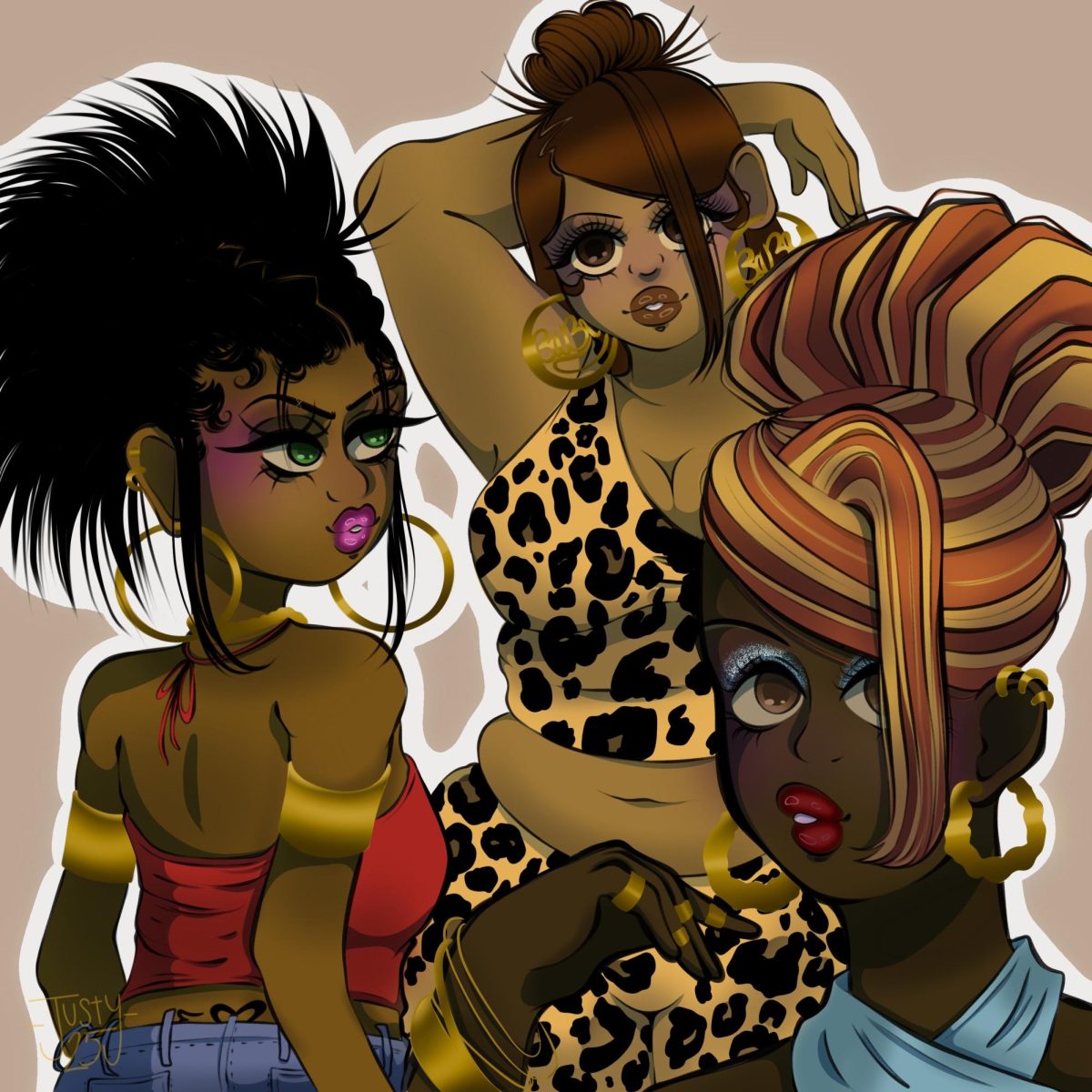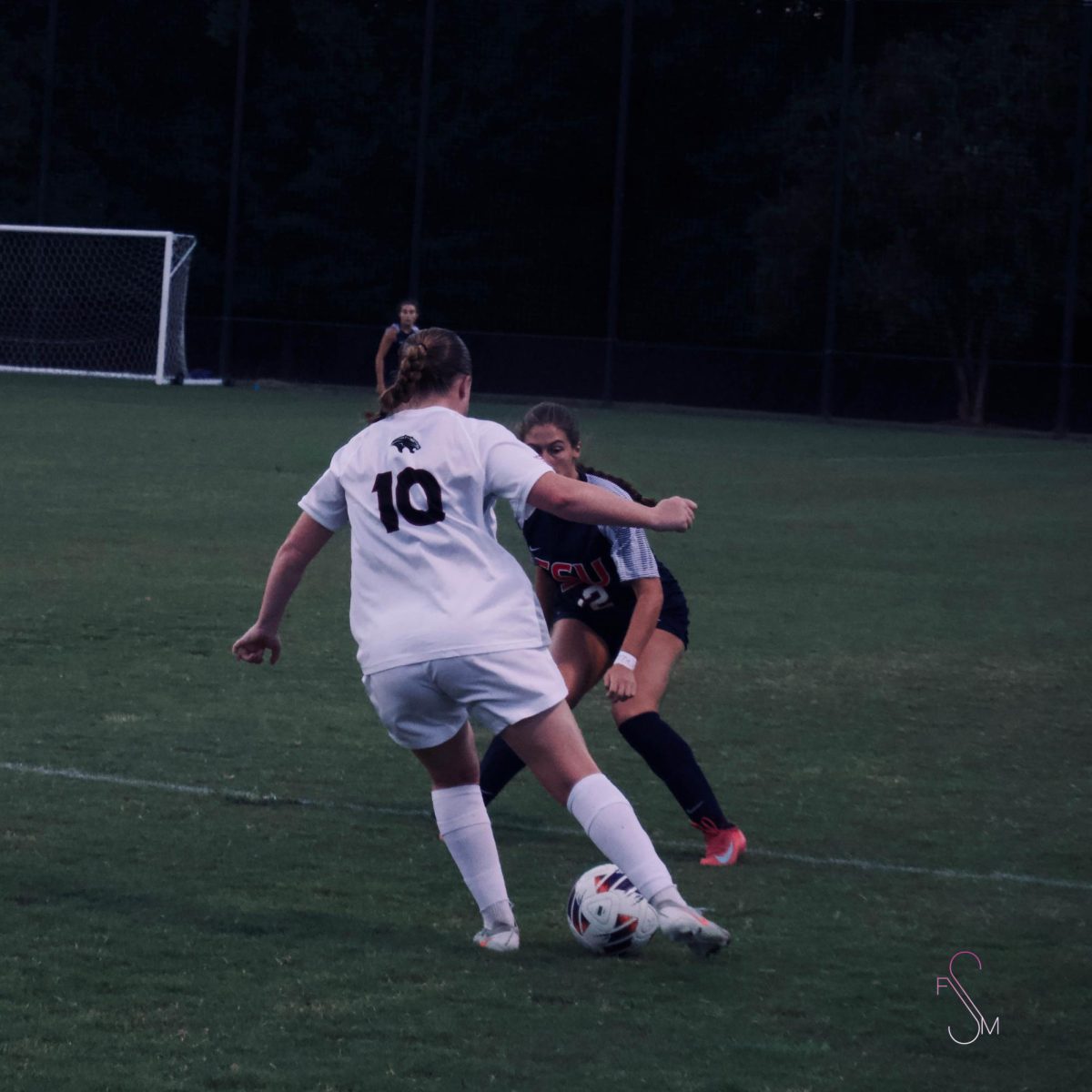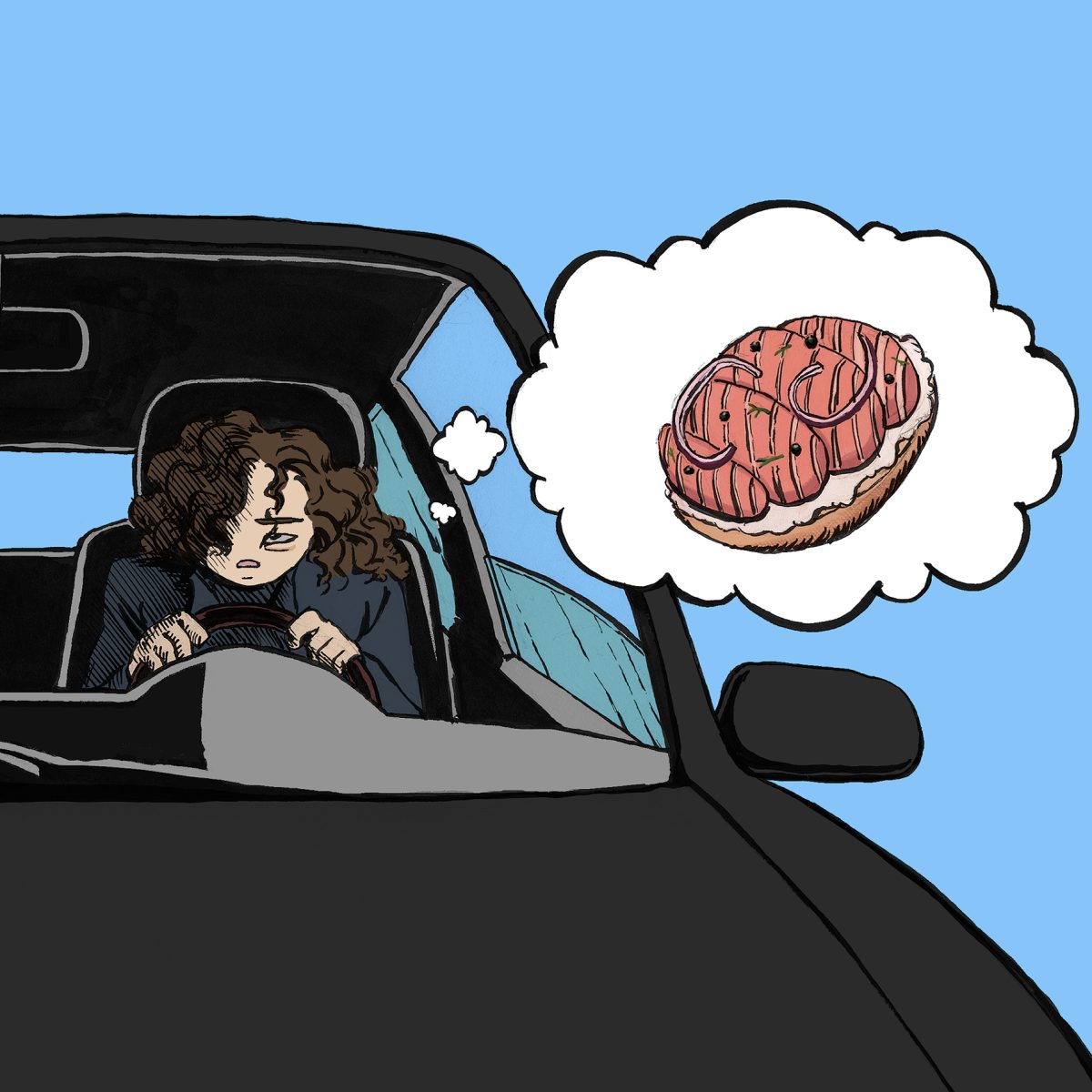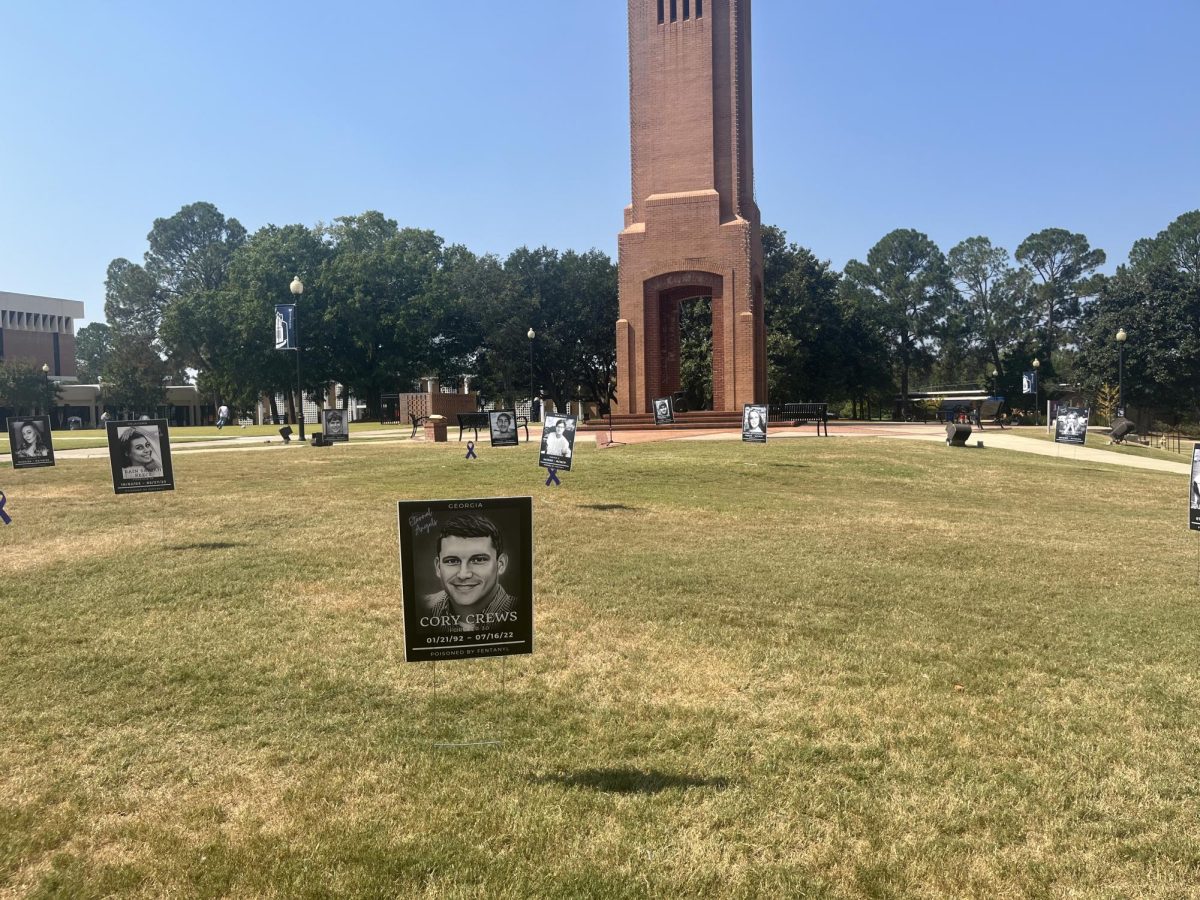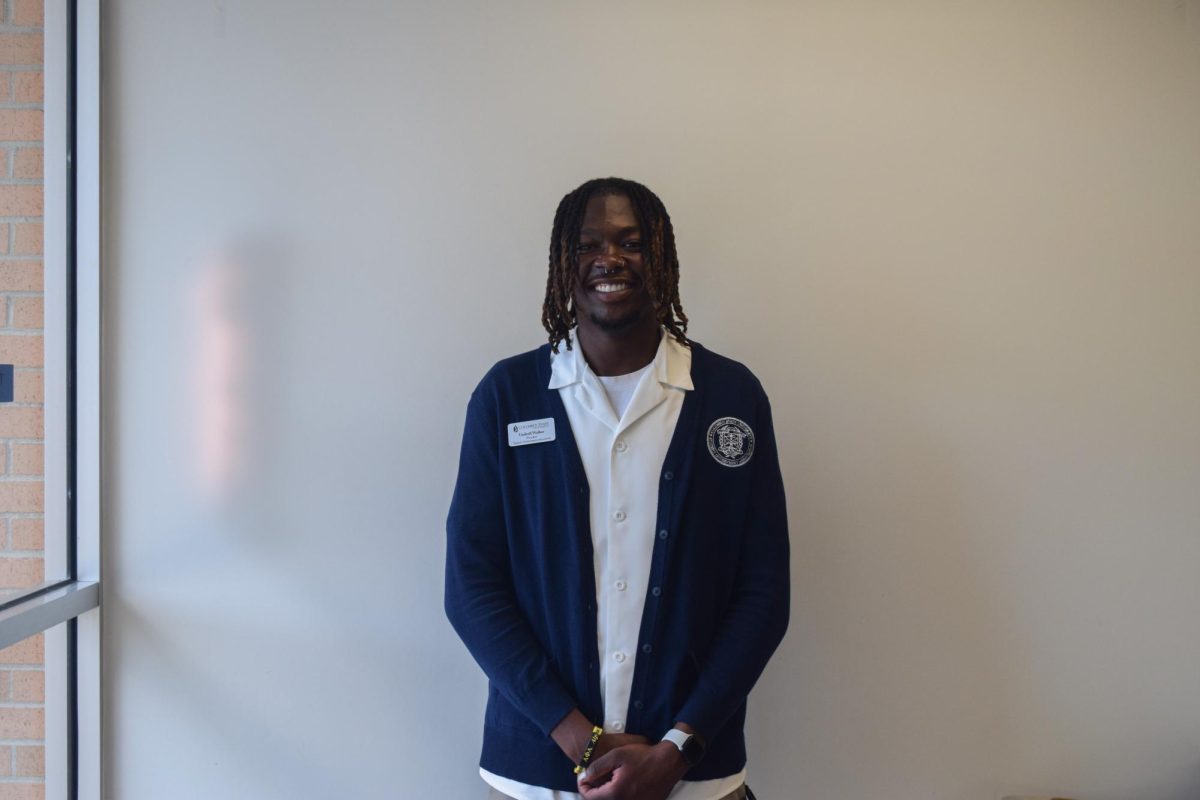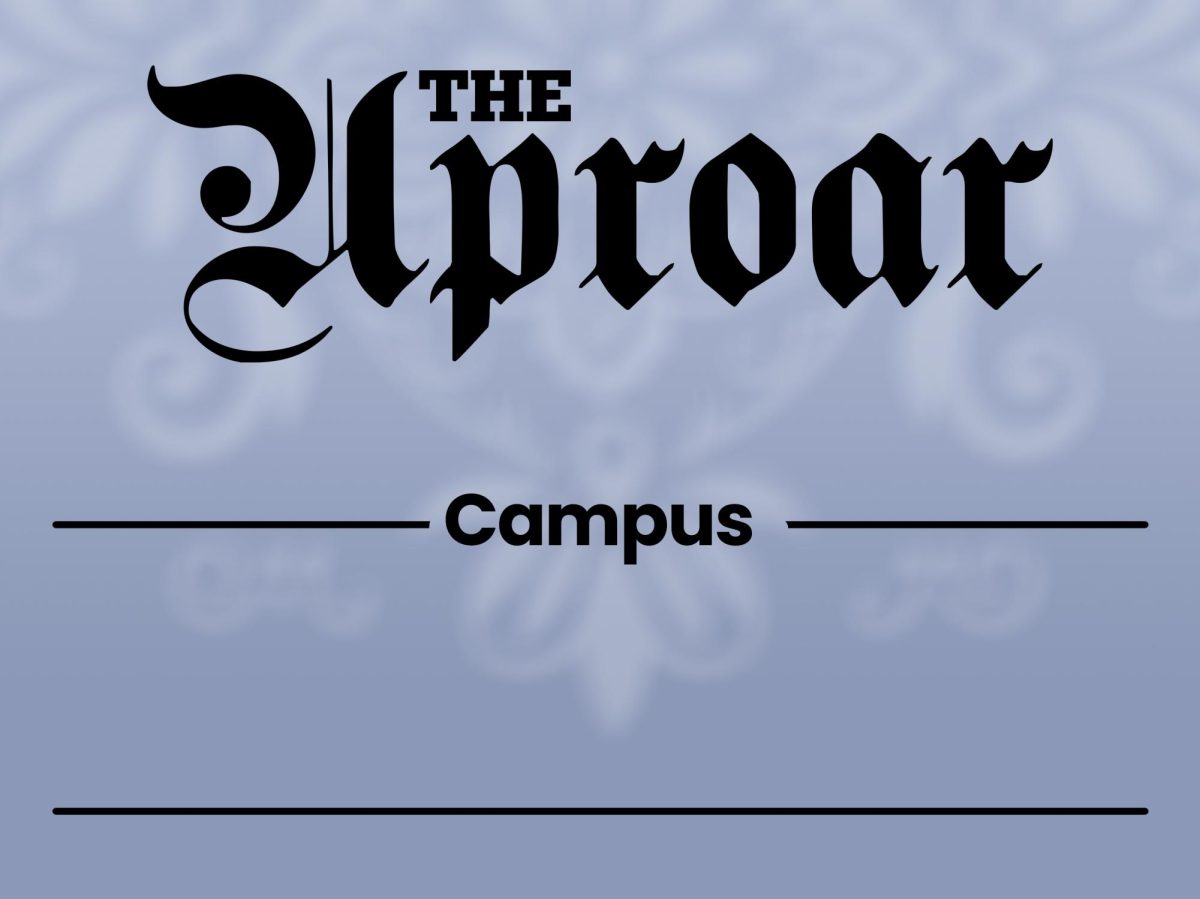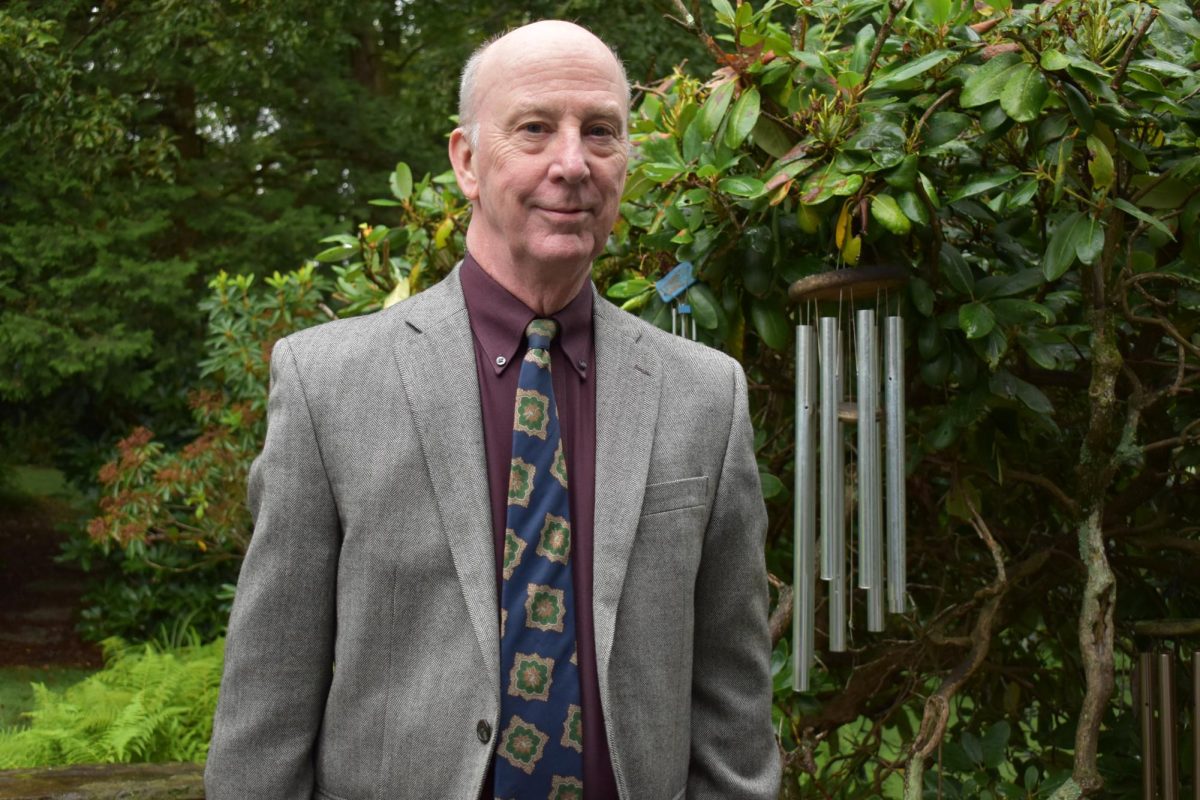Black culture is very important, not just to me or to other African American people, but most of the trends that we see on social media, whether it’s beauty, dances or lifestyle content, is rooted in African American culture. In this article, I will have a few talking points that I adore: Black women’s impact, our rhythm and blues, and AAVE.
Black women’s impact:
Black women are the blueprint for a lot of things. Argue with your momma, not me, because if we look at the popular trends that are incorporated into the beauty category — hairstyles such as braids and styled wigs, long acrylic nails and nail art, bonnets, nameplate jewelry, and streetwear — they are rooted in Black culture. Black women have faced adversity for our style, whether it’s the way we speak, the way we dress, or the way we style our hair, only for it to become a mainstream trend years after others ruled it as ghetto and unprofessional. Our style is copied and watered down to make it digestible to bigger consumer markets. Bonnets have been notably used by Black women while others have seen them as ghetto, but, recently, bonnets have made their entrance into mainstream beauty routines. Interesting how that happens. Since Black women have begun their creativity, they have been ripped off. I once saw a post on Instagram with the caption, “Black creativity is ghetto until it is stolen,” which is true. Everything we have done has made it into the mainstream media, and Black women have been discredited. Think about it: brownie lips, which is just brown lip liner and gloss that Black women have been doing for years, hoops, and the clean girl aesthetic, it’s been done before. What I’m getting at is the discrediting end of the story.
Our rhythm and our blues:
When I say they want our rhythm and our blues, I’m not referring to music; I’m referring to the Black story and struggle. Black women have a unique story and a unique set of struggles. Being a Black girl in America is way more than having beautiful skin and creative hairstyles; it’s facing microaggressions and backhanded compliments not only from people outside of the community but also from some within the community. Colorism is defined as prejudice against those with darker skin tones among those in the same ethnic or racial group. I remember when I was younger hearing phrases like “keep that baby from being in the sun” or “tar baby,” meaning I was too dark, which was very hurtful because it would come from older people or from kids my age. Texturism is like colorism, but it’s a prejudice against coiler hair textures such as 4c hair, which I have. I was first introduced to the concept of texturism when I was younger, when older women around me would insist that I needed a texturizer or perm to make my hair more manageable. Now that I am older and wiser, I know I am perfect just the way I am, and my hair is perfect; I learned what works for my hair. Wash days are my favorite days of the week just because it’s the time for me to be with nobody else. I sit with my thoughts and think about my goals and accomplishments. I define wash day as healing. That’s just what it is: a day, a step, to healing that little girl inside of me.
AAVE:
AAVE, also known as African American Vernacular English, is a big part of the African American community and the media. You can find many examples of AAVE on Black Twitter, a place where Black voices and creators have a safe space to address issues within the community. Social media has shown that non-Black people, especially the ones who have not been around African American people, do not understand or know how to use AAVE or attempt to rename it “internet slang.” Let’s discuss why this is wrong and doesn’t work. AAVE has been around way longer than the internet, so attempting to rename something that clearly already exists is not good. This goes back to my first point about renaming concepts that have already existed.
What I’m trying to get at is that Black media and culture is so important. Without Black culture, we wouldn’t have anything, and that might seem like a stretch, but think about it: This is deeper than the things I named; it’s Black history as well. Without Black history, we wouldn’t have half the inventions we have. I am willing to die on the hill that Black history is American history.



